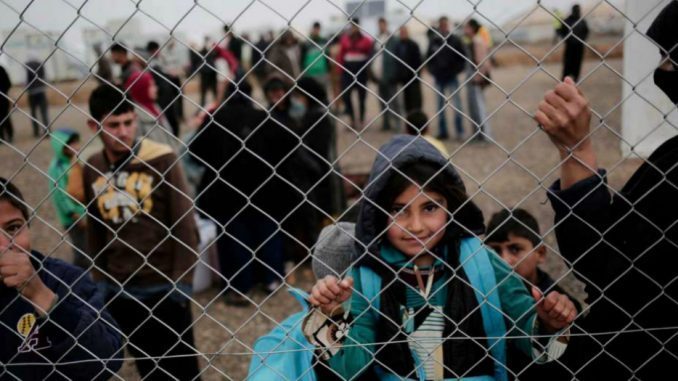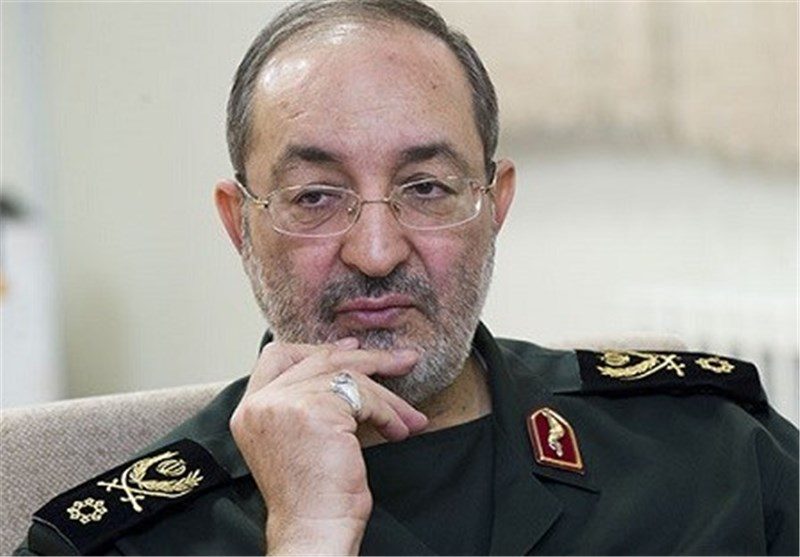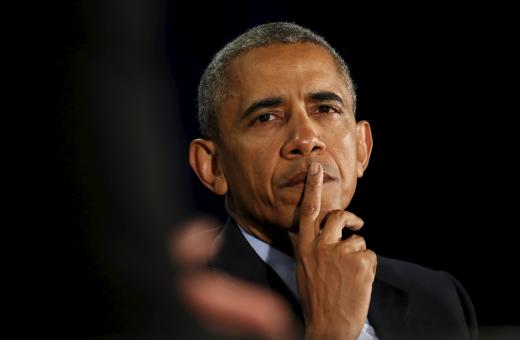
Security concerns forced the UN to pause its aid operations this week in Iraq’s east Mosul as it is expected from the Islamic State to put up a tough fight in the western side Mosul, officials in U.N. humanitarian office and US military said.
The United States is providing air and ground support to Iraqi and Kurdish forces trying to dislodge the hardline group from Mosul, captured in 2014.
The offensive paused last month after the capture of the districts lying east of the Tigris river that bisects the city.
Preparations are underway to launch the offensive on the western side, which is expected be more difficult because of the density of the population and the narrow streets and alleyways through which armored vehicles cannot pass.
“It is hard and hard every day here,” Colonel Patrick Work, commander of the 2nd Brigade, 82nd Airborne Division, said in an interview with Reuters TV at a brigade artillery position in northern Mosul.
“There are no guarantees certainly when you are fighting and there is no timetable, it is a determined enemy that we are up against,” he said.
“We are putting such pressure on ISIS in the west, day in day out as we shake them and choke off their logistics, and put pressure on their command and control and attack their weapons,” Work said.
“This entire defense in the west is under such pressure that I think there is inevitable momentum.”
Work’s brigade took over command in Mosul six weeks ago from the 2nd Brigade, 101st Airborne Division.
Artillery support will be key in the upcoming battle as it can strike in all weather, he said, adding that U.S. artillery positions were repositioned after the battle for eastern Mosul.
UN missions paused
A suicide bombing at a restaurant in east Mosul last Friday killed 14 people and wounded 39, the second of its kind in the four-month-old Mosul battle.
The attack fractured a sense of safety and relief that many residents felt after Iraqi forces pushed the jihadists out of their neighborhoods in months of heavy street fighting.
“Based on reports of insecurity, the U.N. decided that we would not send missions into eastern parts of Mosul until we reassess security conditions,” said Lise Grande, the U.N. Humanitarian Coordinator for Iraq.
“This has now been done and we expect to reengage as soon as possible, hopefully within the next day or so.”
Islamic State militants who retreated across the Tigris river to western districts also regularly target civilian areas under government control in the east with mortars and grenades dropped from drones.
Residents in the east have been without electricity for months and have been forced to dig wells for water.
“We are extremely concerned about the rapid deterioration of the conditions in west Mosul,” U.N. humanitarian coordinator in Iraq Lise Grande told reporters.
“Families are in big trouble, half of the shops have been closed,” she said while visiting Hasansham, a displacement camp between Mosul and Erbil, the nearby capital of Iraq’s autonomous Kurdish region.
A smaller than expected number of people fled their homes when elite Iraqi forces punched into east Mosul three months ago but Grande said the aid community was planning for larger displacement from the west.
According to the U.N., nearly 200,000 people have been displaced since the October 17 start of the operation to retake Iraq’s second largest city.
The U.N. Office for the Coordination of Humanitarian Affairs says that 46,000 of them have since returned to their homes.
“We expect as many as 250,000 civilians may leave western Mosul,” Grande said Wednesday during her visit to Hasansham camp.
She said there were currently 20 displacement camps and emergency sites around the city and added that the U.N. and its partners were “rushing to construct new sites south of Mosul.”
The U.N. has said that civilian casualty rates remain high in eastern Mosul as ISIS mortar attacks from the western side of the Tigris River are still able to reach neighborhoods in the city’s east.



